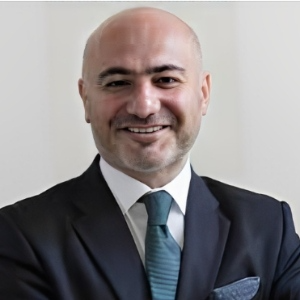Title : Estimation of the predicted ten-year survival rate and the risk of cardiovascular complications in adult population in Russia
Abstract:
Aim. To assess the predicted ten-year survival rate and the risk of cardiovascular complications in adult population in the Vladimir region of the Russia.
Material and methods. A cross-sectional population study included 1200 men and women aged 30-69 years from 5 cities of the Vladimir region. The response to the study was not <80%. In total, 1004 people completed the study. Of these, 346 are men (34.5%) and 658 are women (65.5%). The respondents were interviewed using a standard questionnaire, which includes information on socio-demographic indicators, behavioral risk factors, the presence of somatic diseases, registration of drugs taken and an assessment of psychosomatic status. Instrumental and laboratory studies were performed, included in the first stage of the dispensary examination. To assess the risk of cardiovascular diseases, the European SCORE scale was applied. To assess the 10-year survival rate of individuals, the Charlson comorbidity index was used.
Results. Hypertension was detected in 38% of men and 43% of women. Ischemic heart disease among men is registered three times more often than women: 15% and 5% (p <0.0001). Other chronic non-communicable diseases such as diabetes mellitus, chronic obstructive pulmonary disease and malignant tumors were identified separately in no more than 5% of cases. 67% of women had low to moderate cardiovascular risk (CVR). 19% of men had high and 10% very high CVR, which turned out to be higher than in women (6% and 0%). The prevalence of the combination of the two diseases was 32.6%. Among men, this indicator is 36.7%, while among women it is 10% less, it was found in every fourth participant in the study (27%) (p = 0.002). The combination of three diseases among men was detected in 12%, and among women it was detected in 5.9% of cases (p <0.001). A short ten-year survival rate (21% and <5%) according to the Charlson index was found in less than 10% of men and women. The largest number of respondents had 90% and 77% ten-year survival rates.
Conclusion. In the unorganized population of adults, high and very high CVR was found in every fourth man and only in every 16 women. A short ten-year survival rate according to the Charlson index was found in every tenth respondent, while every second participant had an average ten-year survival rate. The comorbidity of somatic diseases with low and average ten-year survival requires complex interventions and regular monitoring.
Key words: prevalence, comorbidity of chronic non-communicable diseases, cardiovascular risk, Charlson's index, adults.



